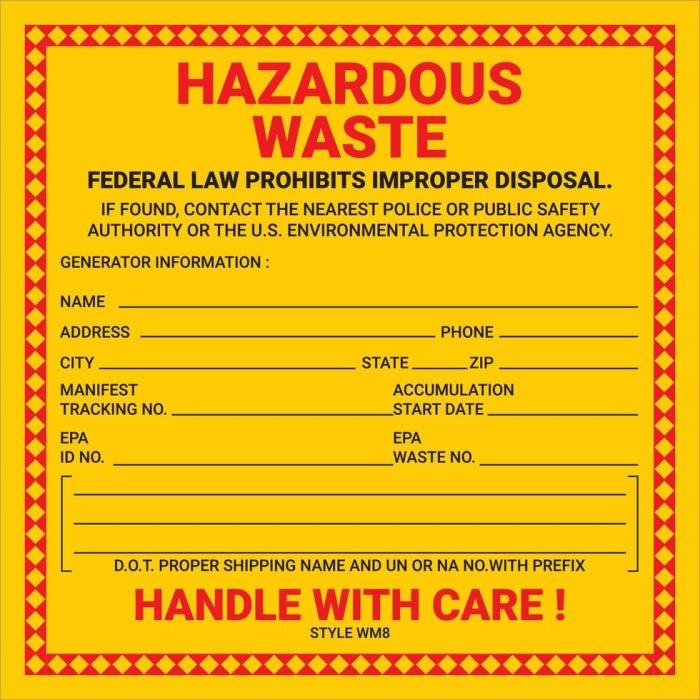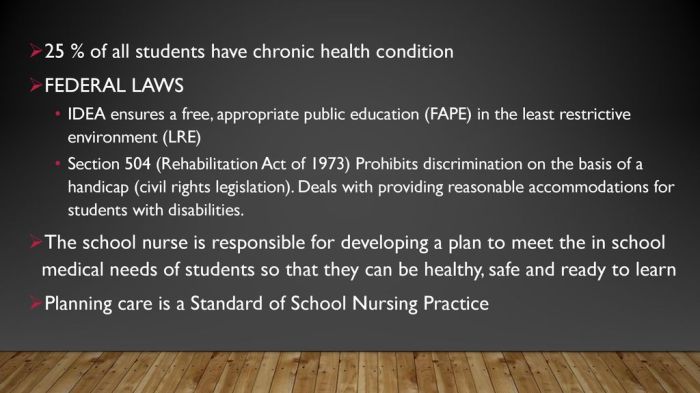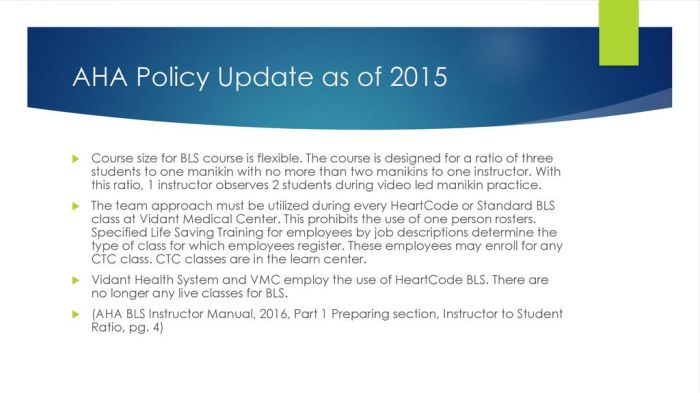Standard of practice 1-16 prohibits realtors from – Standard of Practice 1-16 stands as a cornerstone of ethical conduct in the real estate industry, outlining specific actions that realtors are prohibited from engaging in. Understanding these prohibitions is crucial for maintaining professionalism and safeguarding consumer interests.
This comprehensive guide delves into the purpose and rationale behind Standard of Practice 1-16, exploring the consequences of violating these rules and providing guidance on best practices for compliance. Real-world case studies and examples illustrate the practical implications of these prohibitions, reinforcing the importance of ethical decision-making in the field.
Standard of Practice 1-16: Prohibited Activities: Standard Of Practice 1-16 Prohibits Realtors From

Standard of Practice 1-16 prohibits realtors from engaging in specific activities that are considered unethical or harmful to consumers. These prohibited activities include:
- Misrepresentation or concealment of material facts
- Unfair or deceptive practices
- Dual agency without proper disclosure
- Steering
- Redlining
- Kickbacks or referral fees
- Commingling of funds
- Breach of fiduciary duty
Purpose and Rationale of Standard of Practice 1-16
Standard of Practice 1-16 is designed to protect consumers from unethical and harmful practices in the real estate industry. By prohibiting these specific activities, the standard:
- Promotes transparency and honesty in real estate transactions
- Prevents conflicts of interest and unfair treatment of consumers
- Ensures that realtors act in the best interests of their clients
- Maintains the integrity and reputation of the real estate profession
Consequences of Violating Standard of Practice 1-16
Violations of Standard of Practice 1-16 can result in serious consequences for realtors. These consequences may include:
- Fines and penalties
- Suspension or revocation of license
- Civil lawsuits
- Damage to reputation
The process for investigating and enforcing violations typically involves complaints filed with real estate regulatory authorities, such as state real estate commissions or boards.
Case Studies and Examples, Standard of practice 1-16 prohibits realtors from
Here are some real-world examples of cases where realtors have violated Standard of Practice 1-16:
- A realtor who failed to disclose a material defect in a property was found to have violated the standard and was fined $5,000.
- A realtor who engaged in dual agency without proper disclosure was found to have violated the standard and had their license suspended for six months.
- A realtor who accepted a kickback from a lender was found to have violated the standard and was fined $10,000 and had their license revoked.
Best Practices for Compliance
Realtors can ensure compliance with Standard of Practice 1-16 by adhering to the following best practices:
- Always disclose all material facts about a property
- Avoid conflicts of interest
- Act in the best interests of your clients
- Follow all applicable laws and regulations
- Maintain a high level of ethical conduct
By following these best practices, realtors can protect themselves from liability and maintain the trust of their clients and the public.
Commonly Asked Questions
What specific activities are prohibited under Standard of Practice 1-16?
Standard of Practice 1-16 prohibits realtors from engaging in activities such as steering, blockbusting, and dual agency without proper disclosure and consent.
What is the purpose of Standard of Practice 1-16?
Standard of Practice 1-16 aims to protect consumers from unethical practices, promote fair competition, and maintain the integrity of the real estate industry.
What are the consequences of violating Standard of Practice 1-16?
Violations of Standard of Practice 1-16 can result in disciplinary action by the real estate licensing board, including fines, license suspension, or revocation.

